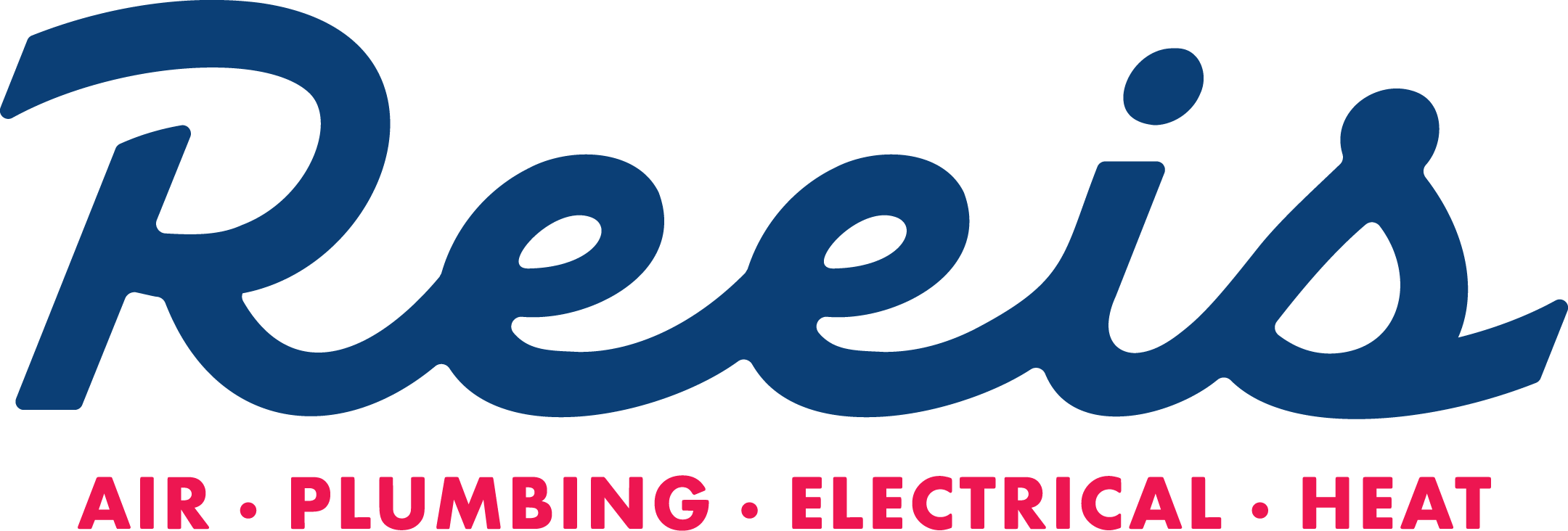There are many factors that affect the efficiency of an HVAC system. Fortunately, homeowners have a lot of control over how efficient their heating, ventilation and air conditioning systems operate. Here are some of the factors that determine how efficient an HVAC system in Surprise, AZ, runs:
High Energy Efficiency Ratings
Modern HVAC systems come with high energy efficiency ratings. Air conditioners come with a Seasonal Energy Efficiency Ratio (SEER). In newer models, the SEER rating is 15 or more, but older models can have a SEER rating of 10 or less.
A high SEER means that an air conditioner uses less electricity or fuel in relation to the energy produced. The rating measures the cooling of an air conditioner over a cooling season.
Furnaces come with an Annual Fuel Utilization Efficiency (AFUE) rating. It shows the amount of energy that a furnace turns into warmth. For instance, if a furnace has an AFUE rating of 90%, it means that it’s able to convert 90% of the energy into warmth and only lose 10%.
For heat pumps, consider the Heating Seasonal Performance Factor (HSPF). This rating is the same as SEER in measuring the heating efficiency of a heat pump. An HSPF rating of eight can qualify for federal tax credits.
Age of a HVAC System
A HVAC system can last for up to 20 years with good maintenance. However, a system designed 20 years ago is less efficient compared to a modern HVAC system.
Modern systems come with advanced designs and with higher SEER, AFUE and HSPF ratings to make them more efficient. They also have features, such as variable speed motors, that make the systems more efficient.
If you have an old system, consider the cost-effectiveness of the system’s maintenance. You can tune up the system and maintain it to improve efficiency, but this may not offer a long-term solution. Talk to an HVAC service technician about replacing a system that’s older than 15 years.
Multi-Stage Heating and Cooling
Some older systems offer single-stage heating and cooling. This means that the HVAC system maintains one level of heating and cooling regardless of the ambient temperature. It uses the same level of energy irrespective of the heating and cooling needs of your home.
Multi-stage units allow you to alter the power settings of an HVAC system to save energy. You can set the system to run on low power most of the time and only switch to high power during extreme weather conditions.
Variable Motor Speed
Variable speed blowers use the same principle as multi-stage cooling. They’re unlike single-speed blowers that run with a single speed all the time regardless of the heating or cooling needs. With variable speed blowers, you can alter the power settings of the blower to conserve energy.
Variable speed motors only regulate the amount of energy the fan’s motors use. As such, they don’t offer much energy savings if the HVAC system itself is not energy efficient.
Quality of Installation
The quality of installation determines how efficient the HVAC system runs. A professional HVAC service technician needs to size the system right for energy efficiency. If a system is too small, it struggles to heat or warm a room, and if the system is oversized, it cycles on and off repeatedly as it takes a short time to cool a room.
During installation, you have the chance to choose high-efficiency systems, such as heat pumps. An electric heat pump doesn’t heat or cool a room using fuel. Instead, the system moves heat from one place to another, either from inside the home to outside the home or vice versa.
If you get high utility bills every month, consider which of the factors above may affect the way your HVAC system performs. Call REEis Air Conditioning for HVAC installation, repair and maintenance services in Surprise, AZ.
Image provided by iStock









